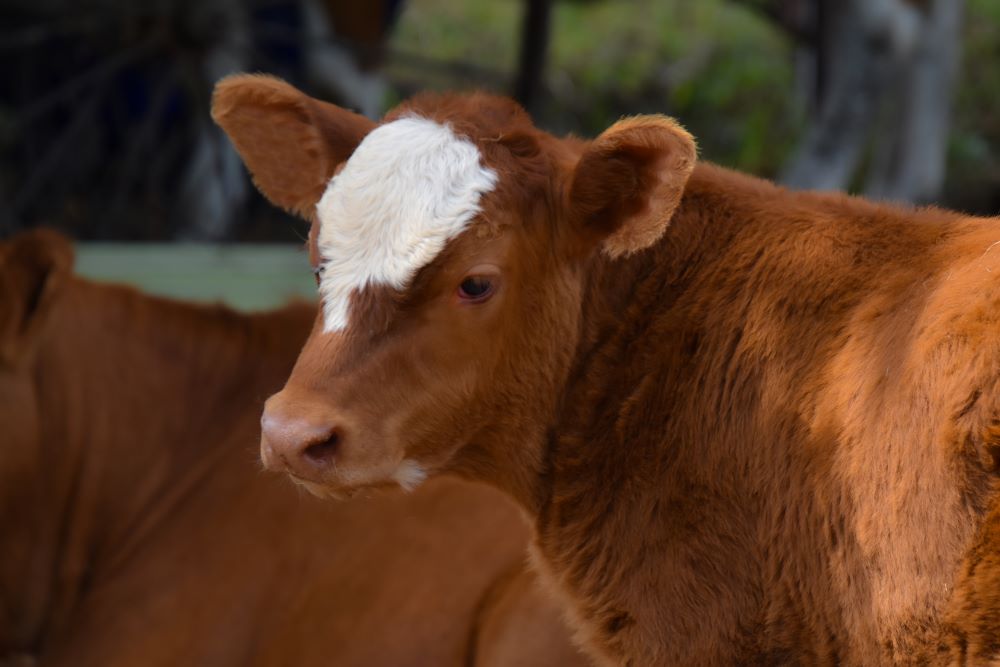
Britain is facing tough questions from Canada about its ban on the use of hormones in beef cattle, a leaked memo seen in Politico has revealed.
Canada is said to have asked “probing questions” about the ban during a meeting about the UK’s application to join the Comprehensive and Progressive Agreement for Trans-Pacific Partnership (CPTPP) of 11 nations.
Veto
Canada allows the use of growth hormones in beef production and could veto the UK’s bid to join CPTPP as one of the 11 founding nations.
The UK’s hormone ban dates to its membership of the EU and has been retained post-Brexit.
Different approaches
According to Politico, most CPTPP nations take a “hazard” approach to agricultural goods, where practices are allowed unless proven unsafe. The EU takes an approach based on precaution.
Japan, which chaired the CPTPP commission in 2021, has said London must accept the existing rules of the trade bloc.
No lower standards
A government spokesperson said maintaining high standards was a red line in all its trade negotiations.
“The UK will not be forced to lower our food, animal welfare or environmental standards when acceding to CPTPP, and there is absolutely nothing in the agreement which will require us to do so,” they added.
Resistance
The Express notes that Britain has shown resistance to similar pressure in past negotiations.
During talks with Donald Trump’s administration, British negotiators challenged the notion of chlorinated chickens being imported to the UK from the US.
EU dispute
The EU and Canada were involved in a 21-year dispute over hormone treated beef ahead of signing the EU-Canada Comprehensive Economic and Free Trade Agreement (CETA), which came into force in 2017, reports Reuters.
Under the deal, hormones are still banned, but Canada received an increased quota of meat exports, which must be hormone-free.
The US also reached an agreement with the EU over exports of hormone-free meat in 2019.
UK application
The UK began its application to join CPTPP last year. The pact represents about 13% of global GDP.
Canada and the UK are due to begin separate bilateral trade negotiations in April, according to Canzuk International.



